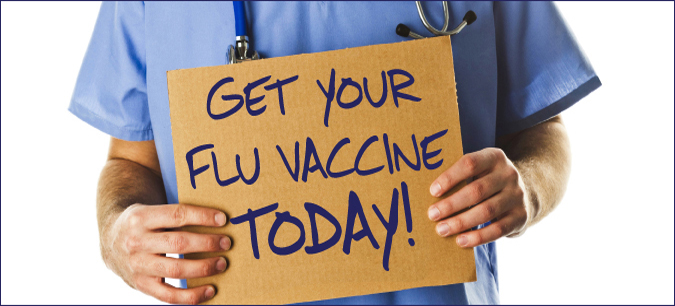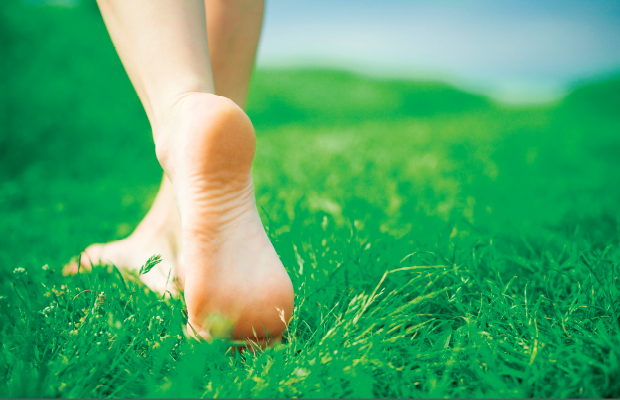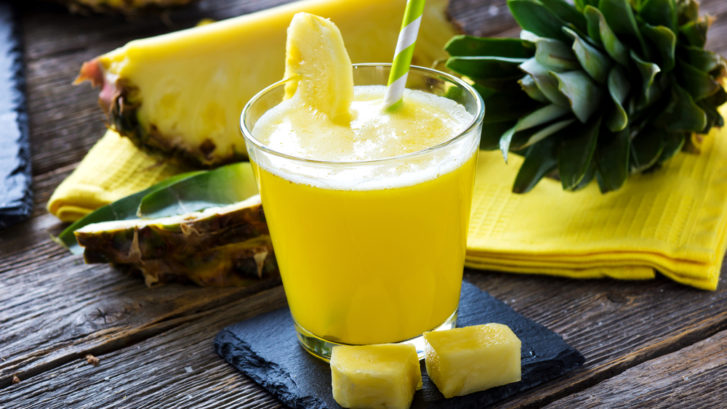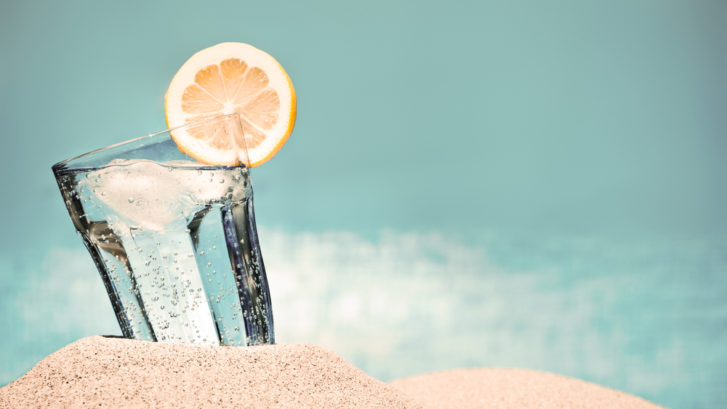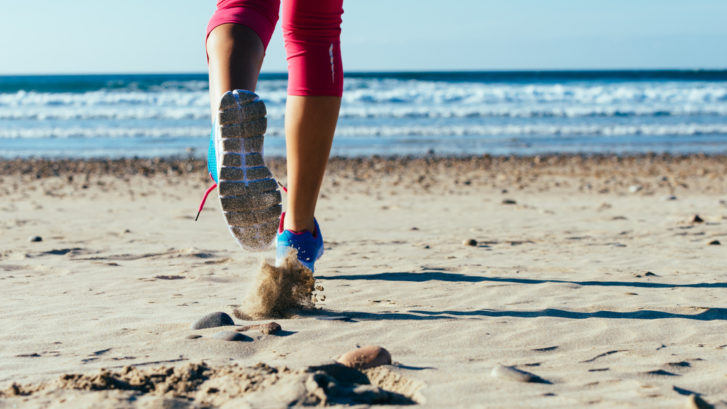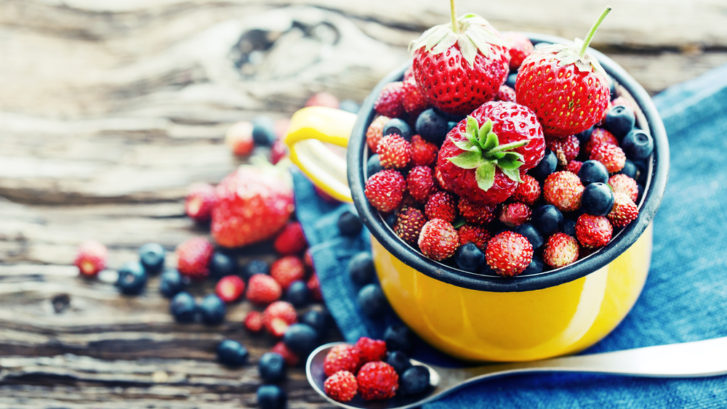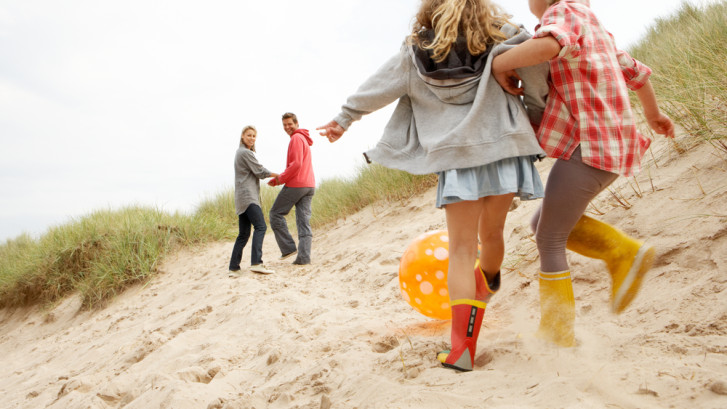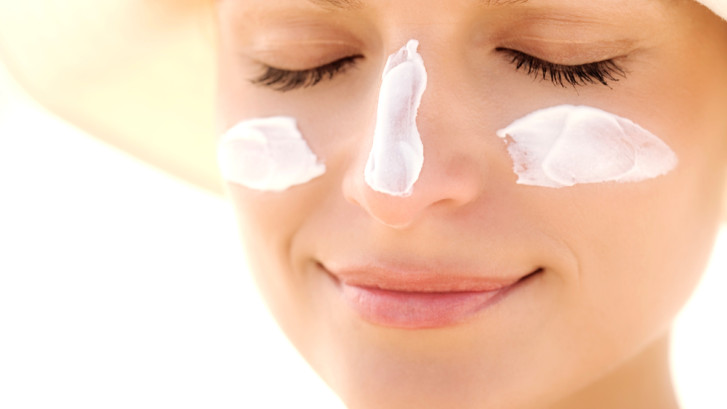The Ouch Is Back—Why the Flu Shot Is Now Your Only Option
When the FluMist spray was introduced in 2003, the medical community rejoiced, hoping the nasal spray which became available in place of the annual flu shot would induce more people to get protected. Parents were happy, too, in being able to dodge the tears from their little ones.
Unfortunately, the Centers for Disease Control has decided that FluMist cannot be used for this upcoming flu season because it is ineffective. First licensed by the FDA in 2003, FluMist contained a weakened, live flu virus. The injection uses an inactivated virus. Early clinical trials seemed to show that the spray worked as well as or better than the shot, which led an estimated 20 million people to opt for FluMist last year.
In June of this year, however, the CDC released a study which showed that the nasal spray was effective only three percent of the time in children from two to 17 years of age during the 2015-2016 flu season. By contrast, the flu shot last winter was effective 49 percent of the time in adults and 63 percent in children. FluMist’s effectiveness rate seemed to plummet in 2013 when makers of the spray switched from including three strains of live virus (a trivalent) to four (a quadrivalent), although no one seems to be able to say how that impacted efficacy. The bottom line is, it’s not an option for the 2016-2017 flu season.
Keep in mind that the influenza virus kills thousands of people each year, so the flu shot is strongly recommended. Thus, the concierge physicians here at MD 2.0 Jupiter want to offer a few tips on how to make it a little less ouch-inducing for our clients.
1. Distraction seems to work best, not only for children but for adults, as well. Don’t look at the needle. Check out your smart phone, daydream about your next vacation, replay Sunday’s game in your head. Have your kids blow bubbles, play with a toy, eat a cookie (and don’t make a big thing out of getting a shot—treat it casually in front of them).
2. For fearful or pain-sensitive adults and children, let us know. We can administer a local anesthetic cream to the skin prior to the injection.
3. Hold your breath before and during the injection. This increases blood pressure which helps to decrease pain sensitivity.
4. Relax your muscles as much as possible before receiving the shot. Tensing up causes more pain both during and after the injection.
5. Apply either ice or a warm compress (try both to see which works best for you) to the site after the injection, and be sure to use your arm as much as possible in the ensuing hours to increase circulation.
6. If soreness persists after three days, call us! That’s why we’re here!

